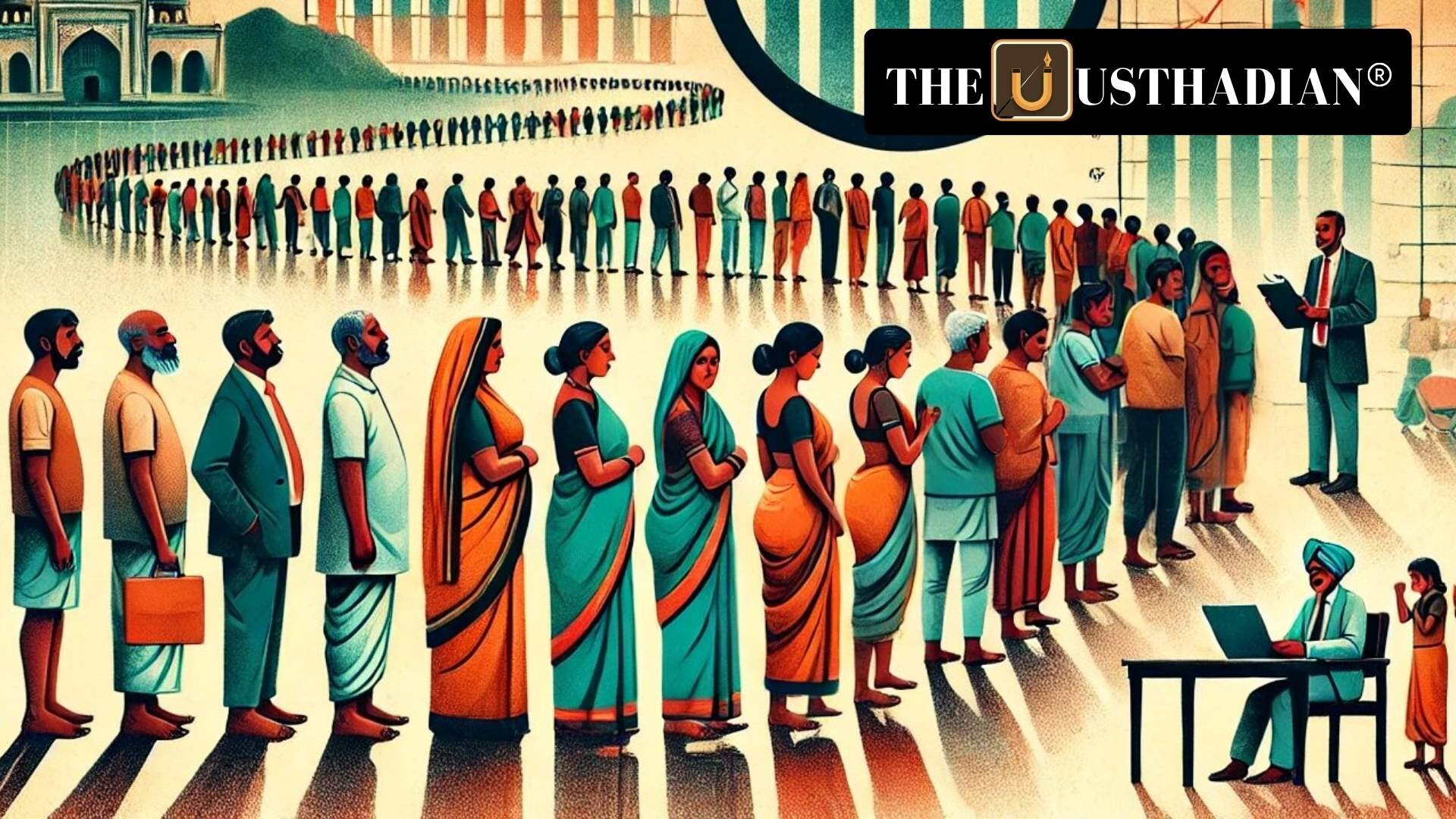A Historic Step for Social Inclusion
Empowering Marginalized Communities: Tamil Nadu’s 3% Quota for Arunthathiyars: In 2009, Tamil Nadu took a bold step toward social justice by enacting the Arunthathiyars Reservation Act. This law carved out a 3% exclusive sub-quota for certain Scheduled Castes (SC) within the existing 18% SC reservation. Seven castes, including Arunthathiyar, Chakkiliyan, Madari, Madiga, Pagadi, Thoti, and Adi Andhra, were identified for special support under this act.
The goal was simple but powerful—to ensure fairer representation for castes that had historically faced even deeper discrimination within the SC category.
More Than a Quota: A Lifeline for Opportunity
This 3% sub-quota has done more than just change admission figures. It has given many students and families a new chance at life. Take higher education for instance—access to MBBS and BDS seats was once a distant dream for many Arunthathiyar students. Now, this reservation has made it possible for them to enroll in medical and dental colleges, creating real change on the ground.
In engineering too, the shift has been dramatic. The number of SC(A) students admitted into engineering colleges increased from just 1,193 in 2009-10 to 3,944 in 2023-24. That’s more than a threefold increase—proof that policy can drive real empowerment when backed with intent.
Medical and Dental Seats: A Game Changer
Between 2018-19 and 2023-24, Tamil Nadu saw an 82% increase in MBBS seats. As part of the Arunthathiyars’ special quota, students from these communities found themselves getting into institutions that once seemed out of reach. The BDS stream (Bachelor of Dental Surgery) also saw the implementation of the 3% SC(A) quota, opening more doors in healthcare education.
This means more doctors and dentists from marginalized backgrounds—a much-needed change for both equity and public health representation.
Engineering Admissions: Breaking Barriers
For many, technical education is the ladder to financial independence. The steady rise in engineering admissions among SC(A) students shows how this sub-quota has delivered. From rural Tamil Nadu to urban centers, students who may have never dreamed of a college degree are now becoming engineers, problem-solvers, and contributors to the state’s economy.
Social Mobility Through Policy
The success of this act goes beyond numbers. It’s about changing family trajectories, building role models, and creating a culture where education becomes the norm rather than the exception. The reservation ensures that students from Arunthathiyar and related communities aren’t left behind due to centuries of systemic oppression.
It has also paved the way for better representation in jobs, particularly in government services and professional sectors, giving these groups a louder voice in public life.
Static GK Snapshot for Exam Revision
Empowering Marginalized Communities: Tamil Nadu’s 3% Quota for Arunthathiyars:
| Topic | Fact |
| Arunthathiyars Reservation Act | Provides 3% reservation within the 18% SC quota |
| Seven Recognized Castes | Arunthathiyar, Chakkiliyan, Madari, Madiga, Pagadi, Thoti, Adi Andhra |
| Medical Seats Growth (MBBS) | 82% increase in MBBS seats from 2018-19 to 2023-24 |
| Engineering Admissions | SC(A) admissions rose from 1,193 (2009-10) to 3,944 (2023-24) |
| BDS Admissions | 3% quota for Arunthathiyars in BDS implemented in 2023-24 |
Final Thoughts: Equality Through Empowerment
The Arunthathiyars Reservation Act is more than just a policy—it is a promise of dignity, opportunity, and inclusion. It shows what is possible when governments design affirmative action with intent and follow through with results.
By helping thousands of students access education and careers that were once out of reach, Tamil Nadu is leading by example in social justice and inclusive development. For Arunthathiyars, this isn’t just a policy change—it’s a step toward a more just and equitable future.








